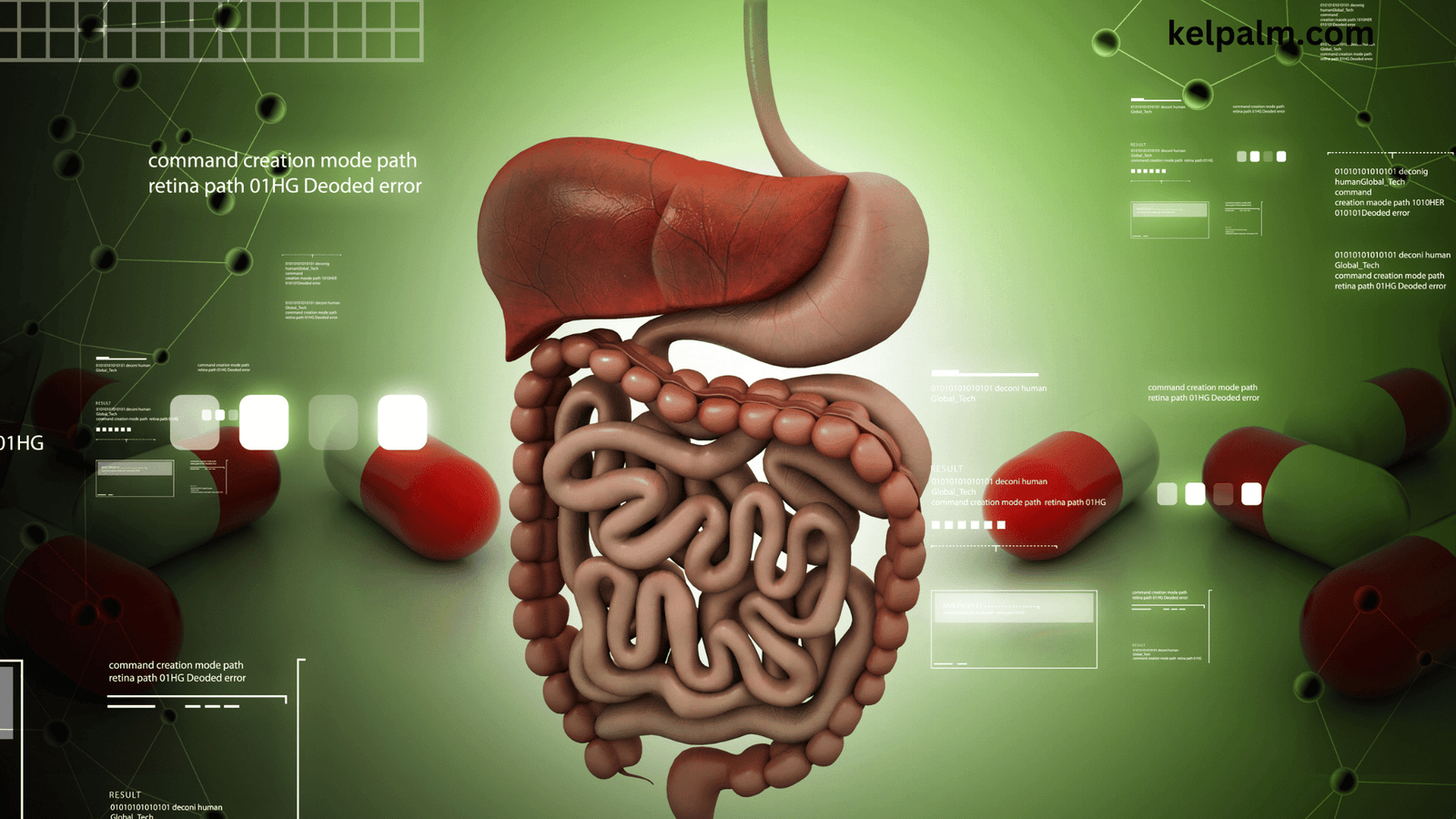Saliva is often considered one of the most overlooked components of the digestive system, yet it plays a crucial role in the initial stages of digestion. Produced by the salivary glands, saliva is a complex fluid with several important functions that aid in breaking down food, facilitating swallowing, and maintaining oral health. This guide explores the multifaceted role of saliva in digestion, its composition, and how it supports overall digestive and oral health.
1. Composition of Saliva
Saliva is a clear, slightly viscous fluid produced by the salivary glands located in the mouth. It comprises several key components:
- Water: The primary component, making up approximately 99% of saliva, which helps in moistening and lubricating food.
- Enzymes: Key digestive enzymes include salivary amylase (also known as ptyalin) and lingual lipase, which start the breakdown of carbohydrates and fats, respectively.
- Mucins: Glycoproteins that contribute to the viscous and slippery nature of saliva, aiding in lubrication and forming a protective barrier.
- Electrolytes: Saliva contains electrolytes such as sodium, potassium, calcium, and bicarbonate, which help maintain pH balance and support enzyme function.
- Antibacterial Agents: Saliva contains lysozyme, lactoferrin, and immunoglobulins (IgA) that help control oral bacteria and support oral immune defense.
2. Role of Saliva in Digestion
a. Lubrication and Moistening
- Function: Saliva moistens and lubricates food, making it easier to chew and form into a cohesive bolus (a ball of food) that can be swallowed more efficiently. This lubrication also helps protect the delicate tissues in the mouth and throat from abrasion.
- Importance: Proper lubrication facilitates smoother swallowing and helps prevent discomfort or damage to the esophagus and stomach lining.
b. Initial Digestion of Carbohydrates
- Enzyme Action: Salivary amylase begins the breakdown of starches (complex carbohydrates) into simpler sugars like maltose and dextrins. This enzymatic action starts in the mouth and continues until the food reaches the stomach, where the acidic environment inactivates the enzyme.
- Importance: Starting carbohydrate digestion in the mouth can speed up the overall digestive process and aid in better nutrient absorption in the intestines.
c. Initiation of Fat Digestion
- Enzyme Action: Lingual lipase, an enzyme present in saliva, begins the process of breaking down triglycerides (fats) into fatty acids and glycerol. Although the primary fat digestion occurs in the stomach and small intestine, lingual lipase starts the process in the mouth.
- Importance: Early fat digestion helps in the overall efficiency of nutrient breakdown and absorption later in the digestive tract.
d. Taste Sensation
- Function: Saliva dissolves food particles, allowing taste buds on the tongue to detect flavors more effectively. This sensory function helps in the appreciation of food and can stimulate salivation in response to the sight, smell, or thought of food.
- Importance: Taste sensation contributes to the enjoyment of eating and can influence appetite and food choices.
e. Protection and Oral Health
- Antibacterial Action: Saliva contains antimicrobial agents such as lysozyme and lactoferrin that help control the growth of harmful bacteria in the mouth. This helps reduce the risk of infections and maintain oral health.
- Buffering Capacity: Bicarbonate in saliva helps neutralize acids produced by bacteria and from food, protecting tooth enamel from erosion and maintaining oral pH balance.
- Tissue Repair: Saliva promotes the repair of oral tissues by providing growth factors and nutrients necessary for healing.
3. Saliva Production and Regulation
Saliva production is regulated by the autonomic nervous system, which controls the salivary glands. There are three major pairs of salivary glands:
- Parotid Glands: Located near the ears, produce a serous, enzyme-rich saliva that is important for the digestion of carbohydrates.
- Submandibular Glands: Located beneath the jaw, produce a mixed saliva that contains both serous and mucous components, aiding in lubrication and digestion.
- Sublingual Glands: Located under the tongue, primarily produce mucous saliva that helps in lubrication.
Saliva production can be stimulated by several factors:
- Sight, Smell, and Taste of Food: The sensory experience of food stimulates salivation in anticipation of eating.
- Chewing and Swallowing: The act of chewing and swallowing further stimulates saliva production to aid in digestion.
- Emotional and Psychological Factors: Stress or relaxation can also influence salivation, though this effect is less directly related to digestion.
4. Disorders Related to Saliva Production
Disorders affecting saliva production can impact digestion and oral health:
- Xerostomia (Dry Mouth): Reduced saliva production can lead to difficulty chewing, swallowing, and speaking, as well as increased risk of dental caries and oral infections.
- Sialadenitis: Inflammation of the salivary glands, often due to infection or blockage, can affect saliva production and oral health.
- Salivary Stones: Hard deposits that form in the salivary glands can obstruct saliva flow and cause pain and swelling.
5. Promoting Healthy Saliva Production
To support healthy saliva production and function:
- Stay Hydrated: Drink plenty of water to maintain adequate saliva flow and oral moisture.
- Maintain Oral Hygiene: Regular brushing, flossing, and dental check-ups help prevent infections and maintain oral health.
- Chew Gum or Suck on Sugar-Free Candy: These activities can stimulate saliva production and provide temporary relief from dry mouth.
- Avoid Excessive Alcohol and Caffeine: These substances can reduce saliva production and contribute to dry mouth.
Conclusion
Saliva is a vital component of the digestive process, playing essential roles in the initial digestion of food, lubrication, taste sensation, and oral health. Its complex composition and multifaceted functions highlight the importance of saliva in facilitating effective digestion and maintaining overall oral health. By understanding the role of saliva and promoting its healthy production, individuals can support their digestive and oral well-being.
